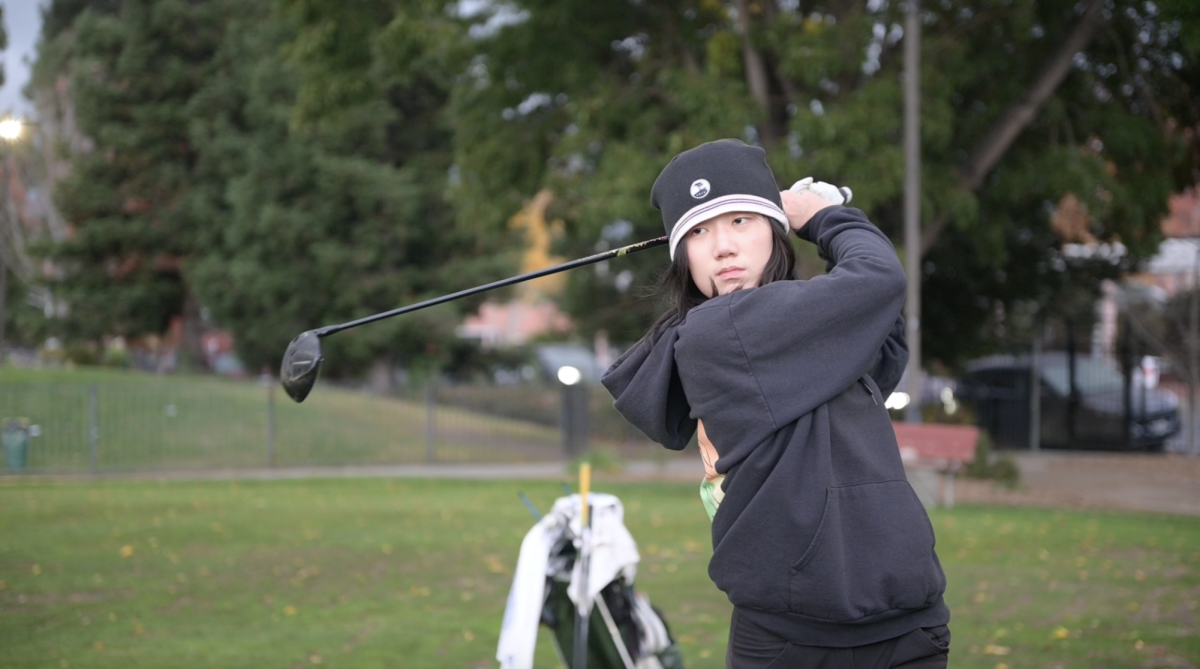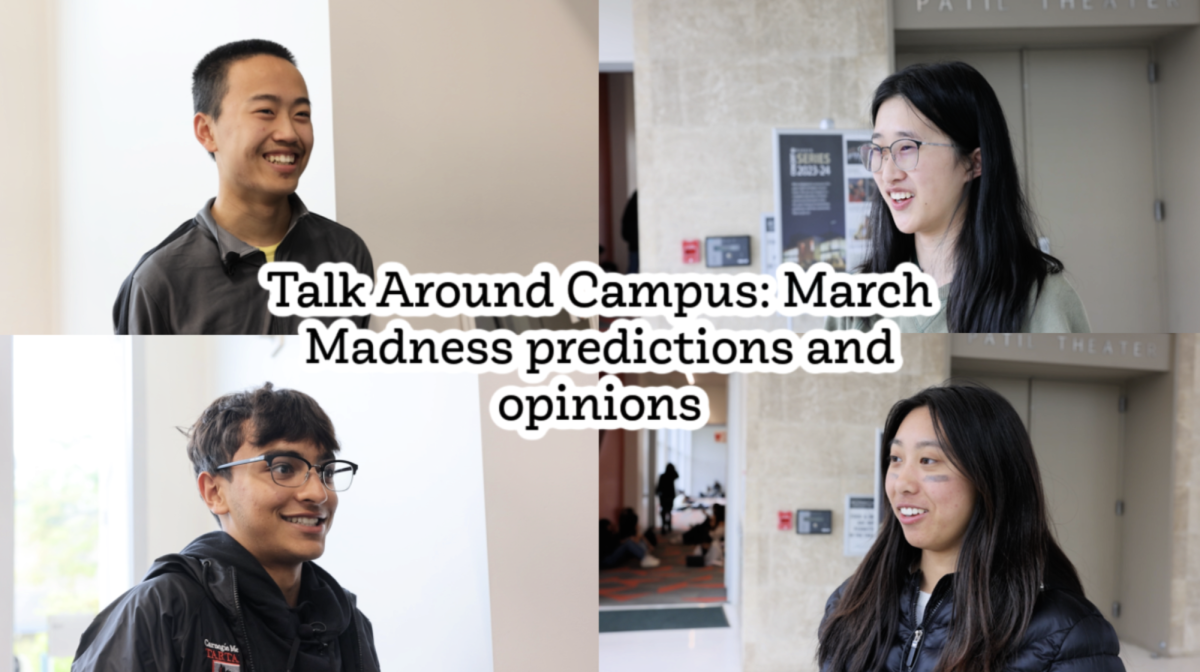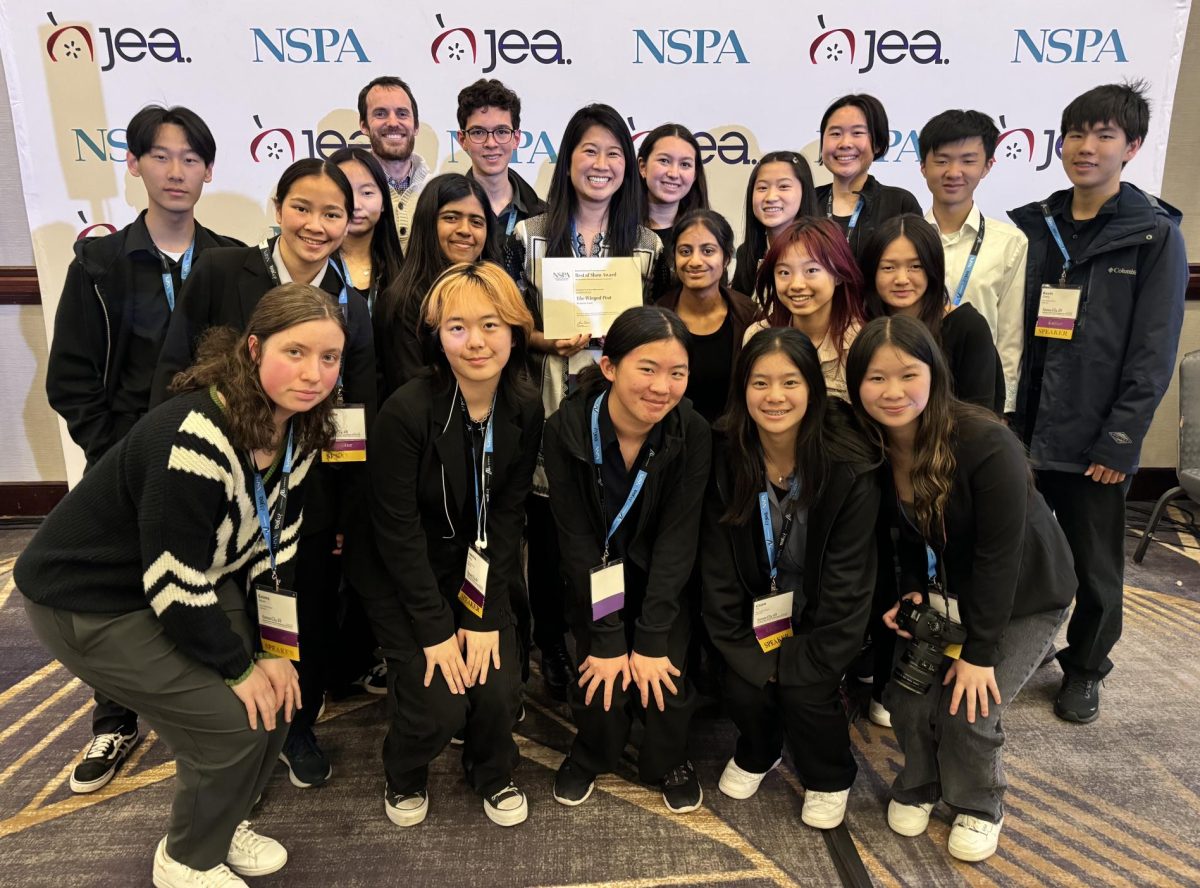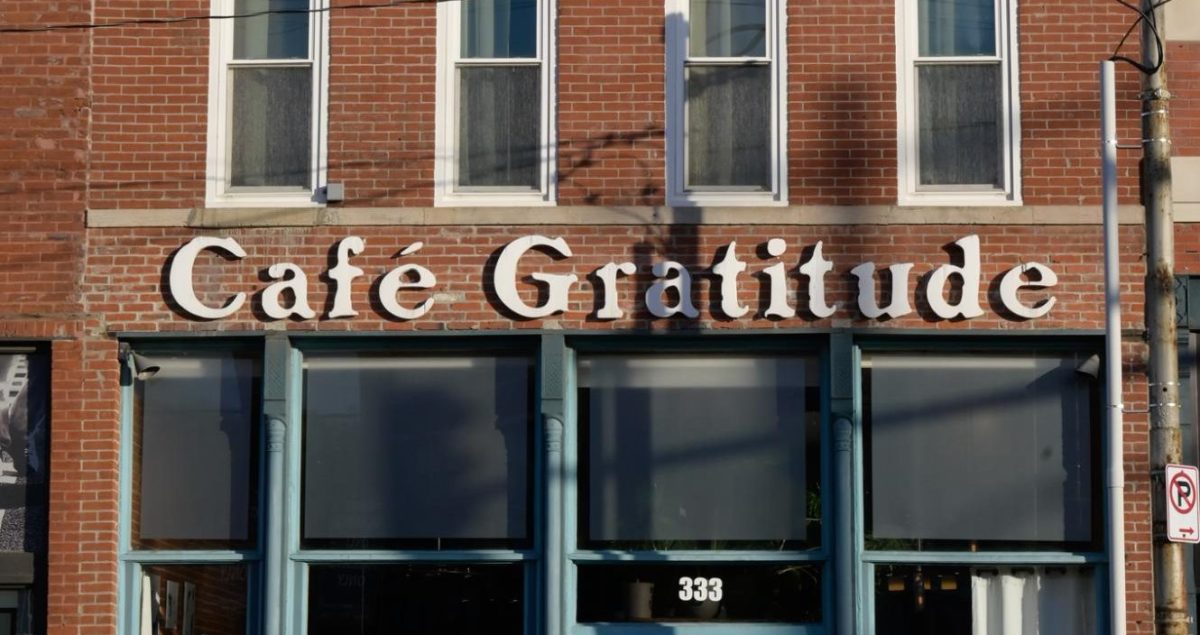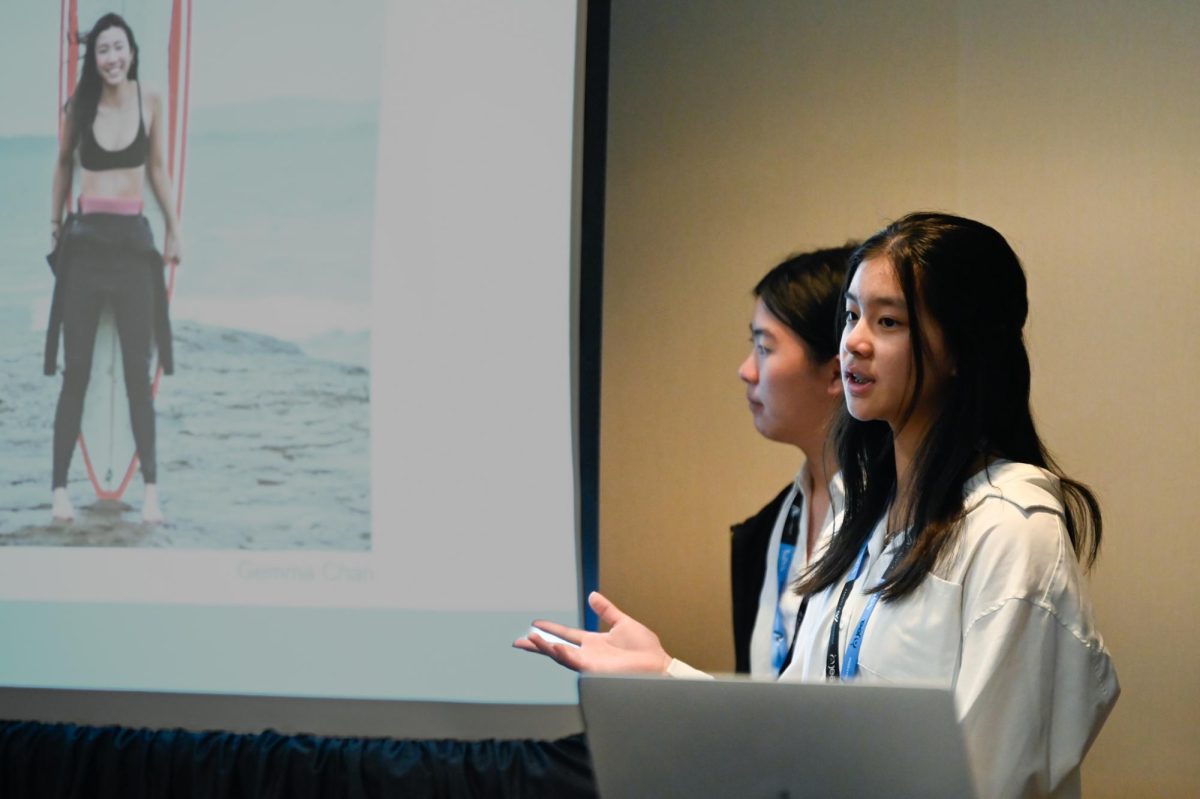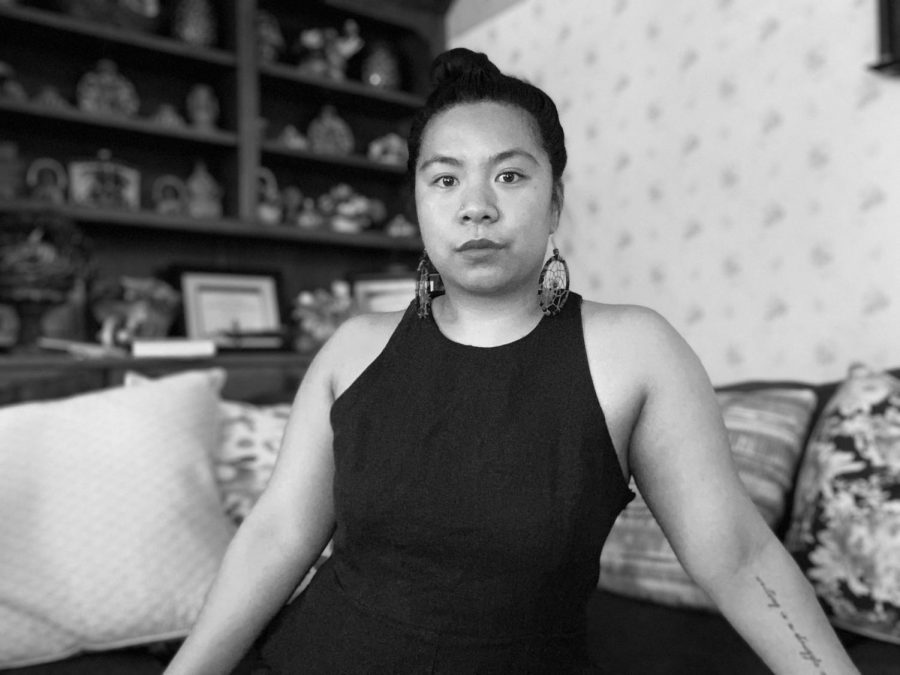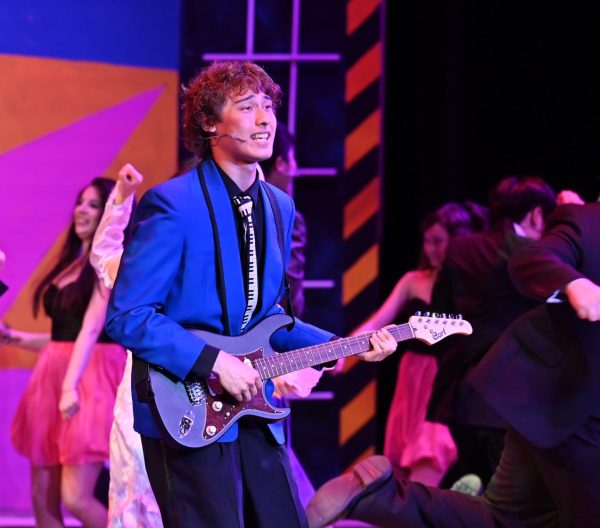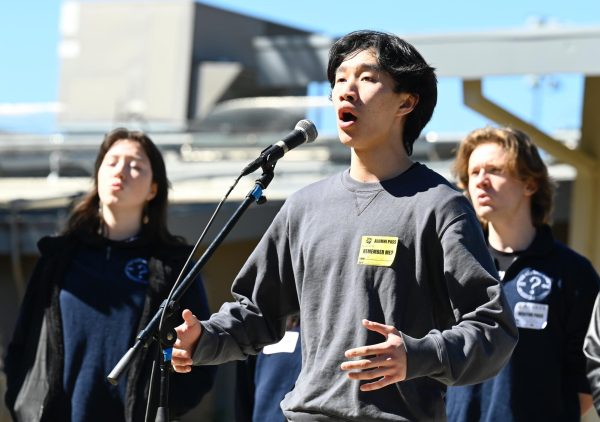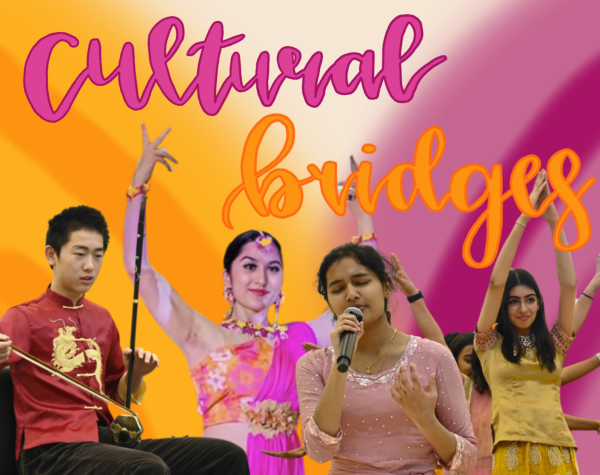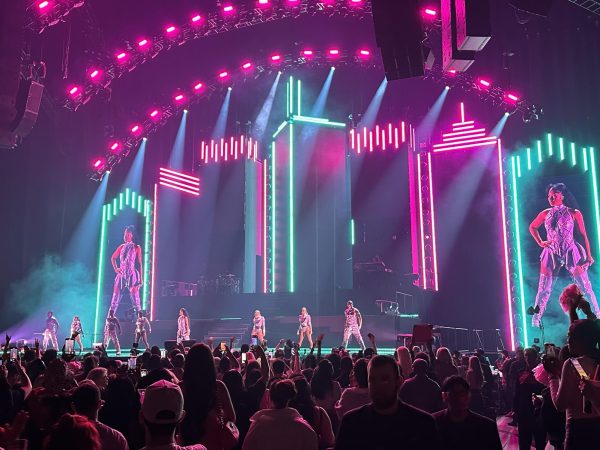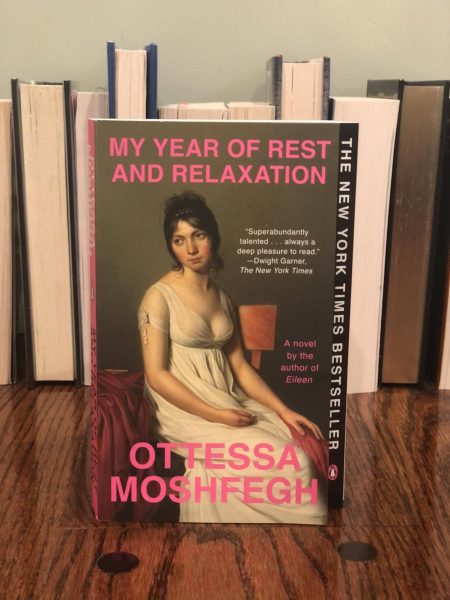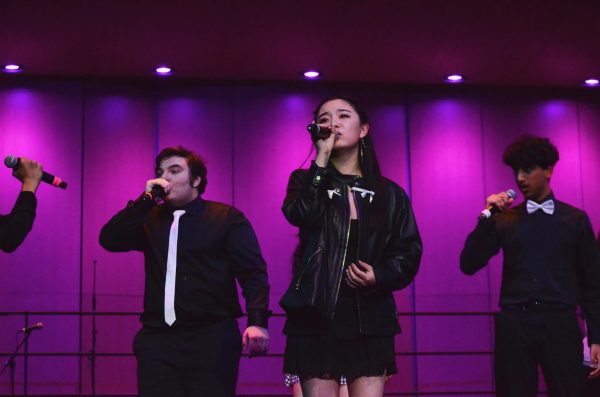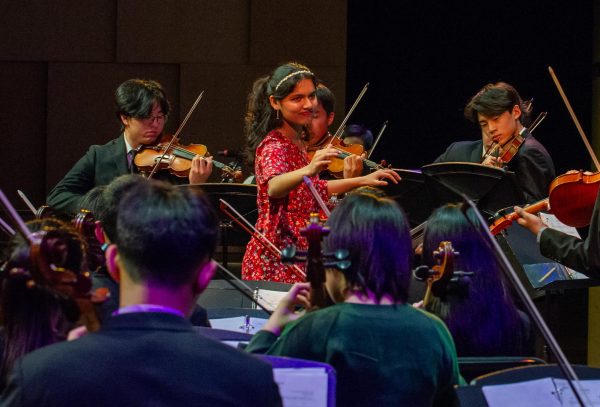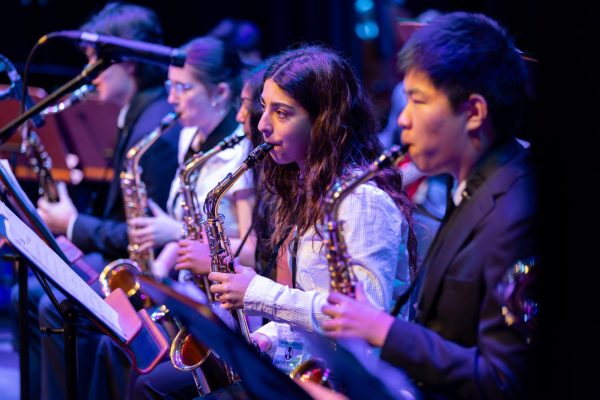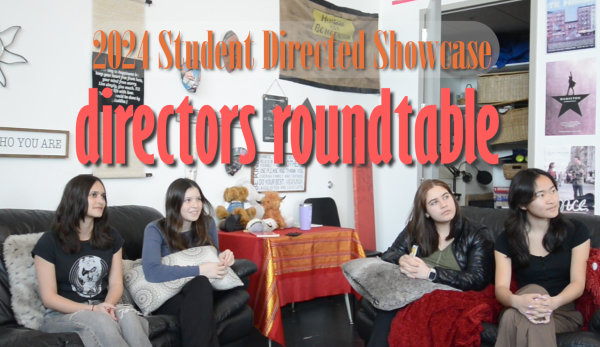The Poet’s Project: In conversation with Santa Clara Poet Laureate Janice Lobo Sapigao
Provided by Janice Lobo Sapigao
“When I was interviewed [for the Santa Clara Youth Poet Laureate position], I realized I was the youngest person at the table. And I was 32. I was wondering, ‘How am I the youngest person here?'” Sapigao said. “And so I thought this whole thing would change if there was a young person at the table. That’s part of the reason why I wanted to start the Youth Poet Laureate program.”
A virtual background of pink flowers in full bloom frame 2020-21 Santa Clara Poet Laureate Janice Lobo Sapigao’s face as she gazed thoughtfully, recounting her journey entering and moving through the world of poetry. Sapigao is a daughter of immigrants from the Philippines. She is the author of two books of poetry, microchips for millions (Philippine American Writers and Artists, Inc., 2016) and like a solid to a shadow (Nightboat Books, 2017).
Sapigao spoke with Harker Aquila about her experiences writing and sharing poetry and being selected as the Santa Clara Poet Laureate this year. This interview has been edited and condensed for clarity.
Can you tell me a little bit about your origin story becoming a poet? What was it like growing up in Silicon Valley and discovering words?
I started writing when I was six years old; that was also the same year that my dad passed away from a heart attack. I think now that I’m older, I’m able to connect why I felt the need to write and what emotions I was feeling, but at the time I just felt like I wanted to write. I also think there are multiple forms of genesis when it comes to writing: every time I hear a poem I love, it makes me want to go write.
My first book was about Silicon Valley. I noticed that the Bay Area was changing, and I didn’t want to forget some of the things that I treasured, including small businesses or restaurants or places that I had memories [of]. I grew up near the airport, and there used to be a field there where my family would pick these flowers that were edible. That field turned into a company or a building for a tech company.
San Jose was very much a farmland when I was growing up in it, so I don’t want to forget those parts of the places where I lived. For me, writing is memory. Writing is taking a record of what’s happening or what’s around. Writing is documentation.
I often write what is called documentary poetics, which is very similar to documentary film, where you collage together interviews with news headlines with scholarship with statistics—that’s how I choose to put together an image or a description. It is very fragmented. The reader has to work to understand that things aren’t going to be easily legible.
I love the way Bill Pay navigates home and loss and grief in this beautiful rendering of the specific, of what we hold close to us. Especially during the pandemic, where much of what is around us is familiar, how do you write toward these moments of familiarity and intimacy but still anchor them in so much power?
I started writing [Bill Pay] while my mom was dying. At the time, I knew she was sick. I knew things were irreversible. But I didn’t know just how bad things were. No amount of questions I could ask to any doctor or nurse would get me closer to an understanding that was emotionally fulfilling. That poem let me write down a record of the things that mark my mom’s absence [and] also her strength and the positions that my family and I will have to fill in.
Sometimes, being a child of immigrants is also being a translator, an interpreter, an accountant, a secretary. And then paying the bill. I think it also speaks to how a lot of very American systems are not easily navigable. And I thought, let me put this in a poem.
I was also amazed by this use of seamless multilinguality in microchips for millions. What is it like writing poems as someone who speaks multiple languages? How have you chosen English as your medium for writing?
English cannot contain us. English cannot contain our multitude and that includes contending with languages that English like simply cannot be. I don’t speak another language, but I understand ilocano fluently. How I approach using any words is [thinking about] what emotions will carry that thing that I’m feeling.
What has it been like being the Santa Clara Youth Poet Laureate this year? What are you most proud of? What are you most excited for during the rest of your holding this position?
I feel validated because Amanda Gorman’s performance came and is still blowing people away. I think more people are finally seeing the impact of the pandemic on youth and how poetry could be a way to allow students to have an outlet in terms of mental health and processing what’s going on because there’s so much loss, so much grief.
And in some ways I felt nervous about being a poet laureate during a pandemic, but there’s many things to be proud of. I’m proud that the county is realizing the [Youth Poet Laureate program] is an important program and we [that] need to institutionalize it.
Why was creating the Youth Poet Laureate program so important to you? What do you think we, as youth, can bring to poetry?
When I was interviewed [for the Santa Clara Youth Poet Laureate position], I realized I was the youngest person at the table. And I was 32. I was wondering, “How am I the youngest person here?” And so I thought this whole thing would change if there was a young person at the table. That’s part of the reason why I wanted to start the Youth Poet Laureate program.
I think the youth will bring a world unimagined. I try to follow as many young poets as I can on Twitter. Their analysis is sharper than my generation and the ones before it. Their critique of a broken system is more exacting than any of the rhetoric I’ve read from politicians there. Youth actions have been more cross cultural.
I always wanted to be a part of [the Youth Poet Laureate program], but it wasn’t available in the South Bay. I listened to a lot of spoken word, but I didn’t know anybody who could teach me.
I’m finding that youth will find ways to present things in a way I’ve never even seen. And I think that’s what we need. We need people to bring new ideas; [otherwise] we get stuck in these older systems of white supremacy if things don’t change, if people stay in their positions forever.
What advice would you give to high school students wanting to explore poetry? What do you hope for regarding the future of poetry?
Keep writing and keep sharing and keep growing and keep revising as much as possible. I was reading this article comparing writing to baking. I believe poems need to bake. Some of the best things about writing will come from community. And then some of the best things will come from really reflecting.
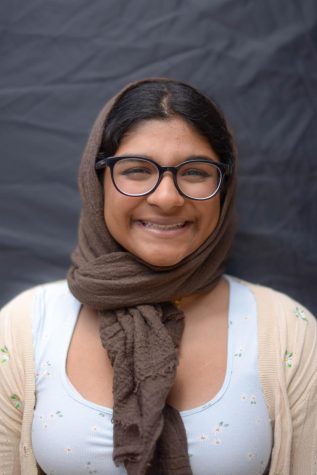
Sarah Mohammed (12) is the co-editor-in-chief of the Winged Post, and this is her fourth year on staff. This year, she is excited to help make beautiful...































![Setter Emma Lee (9) sets the ball to the middle during the match against Pinewood on Sept. 12. “[I’m looking forward to] getting more skilled, learning more about my position and also becoming better friends with all of my teammates, Emma said.](https://harkeraquila.com/wp-content/uploads/2023/09/DSC_4917-2-1200x795.jpg)













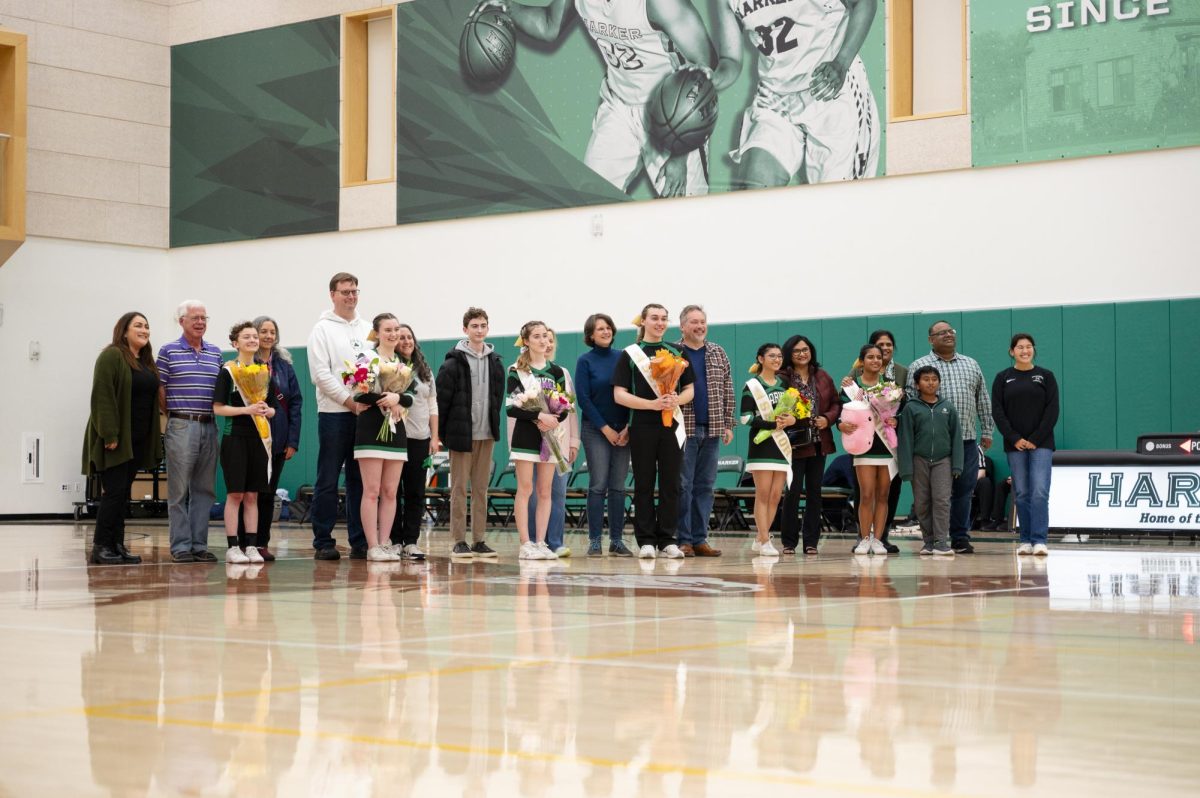


















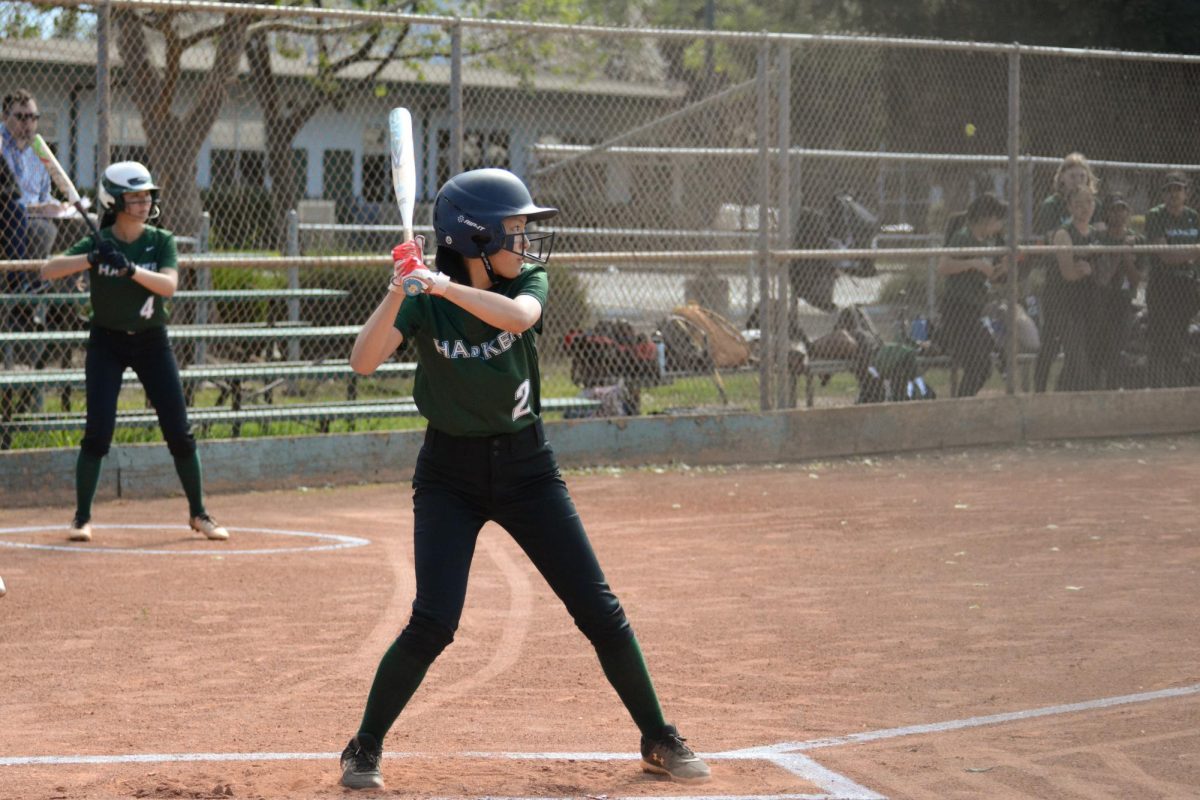
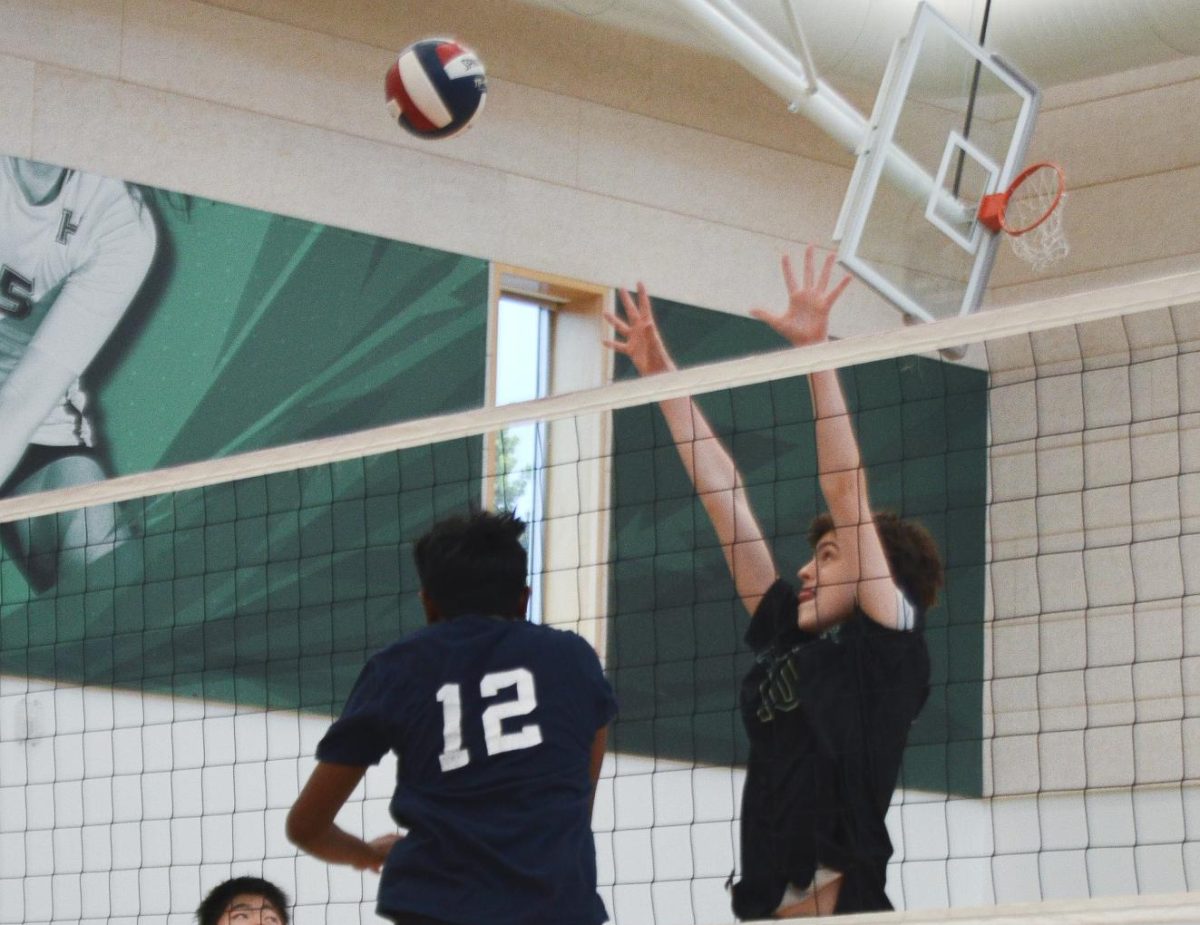

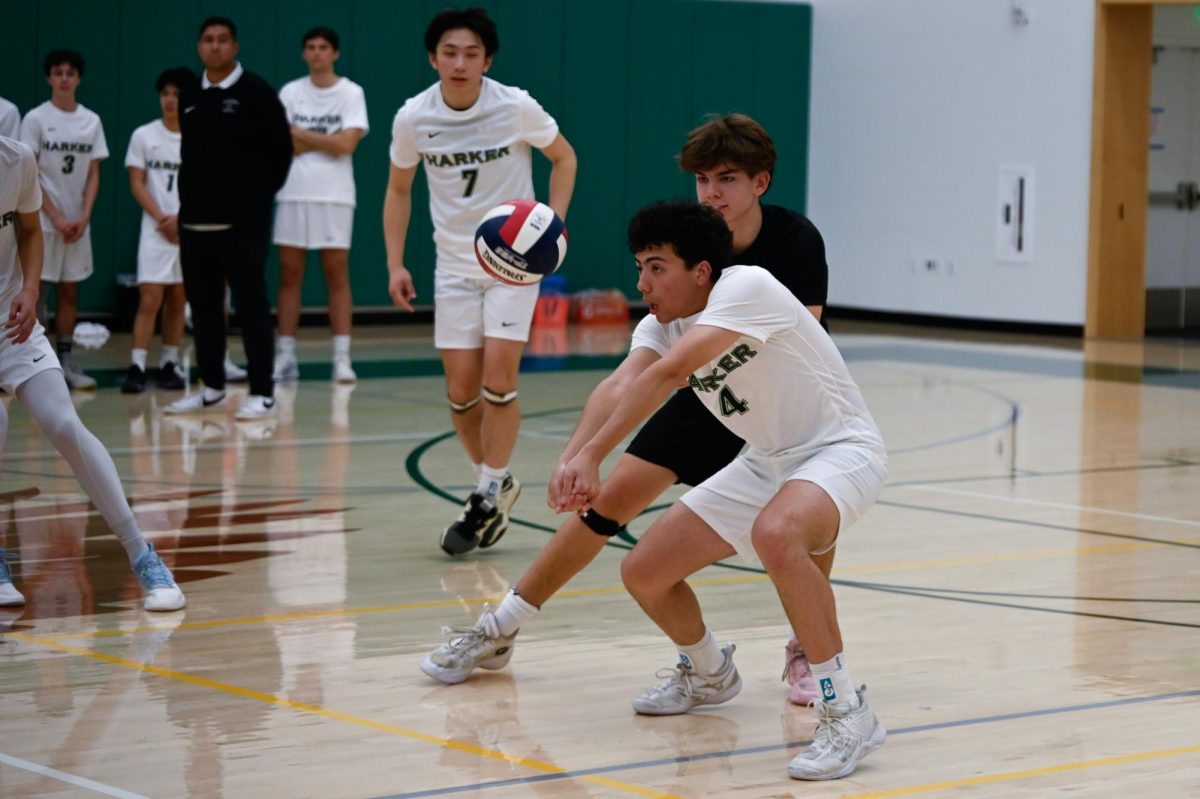
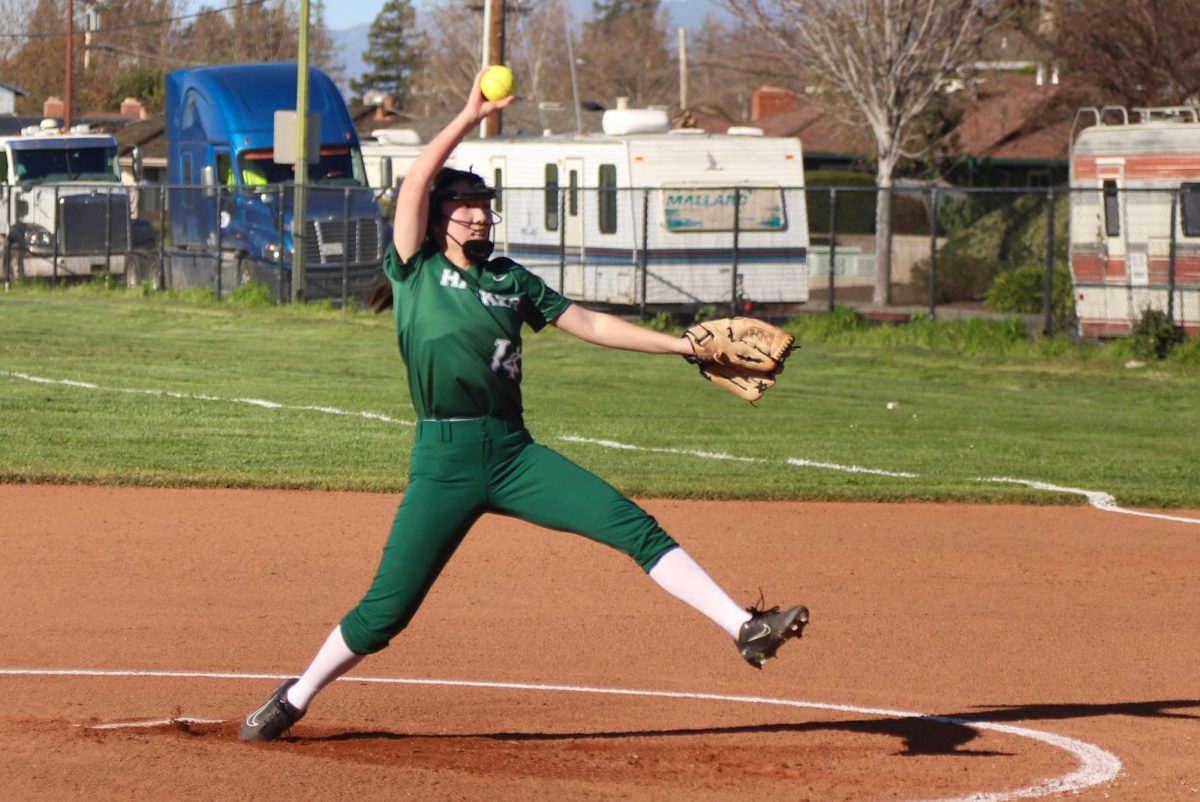



























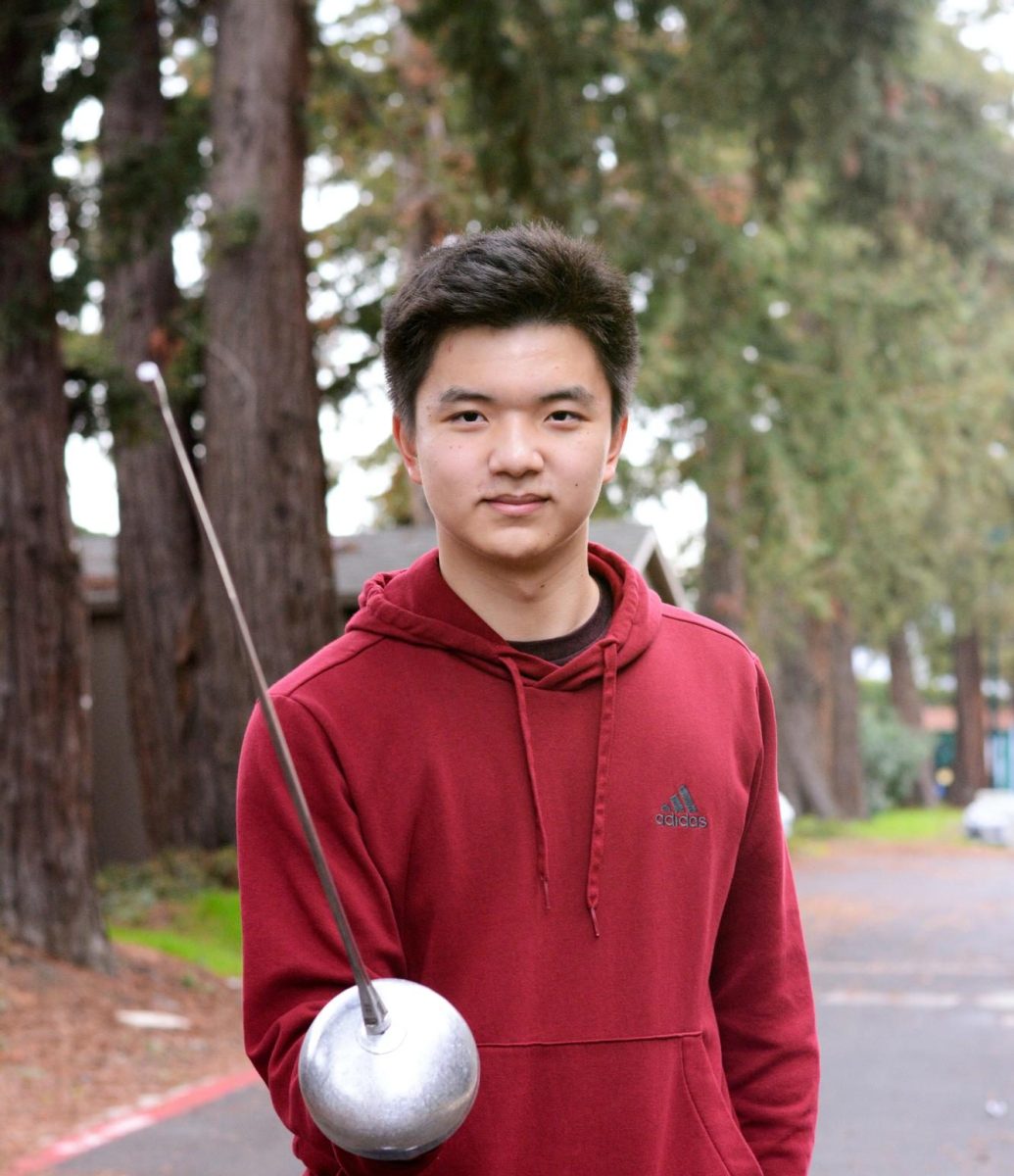
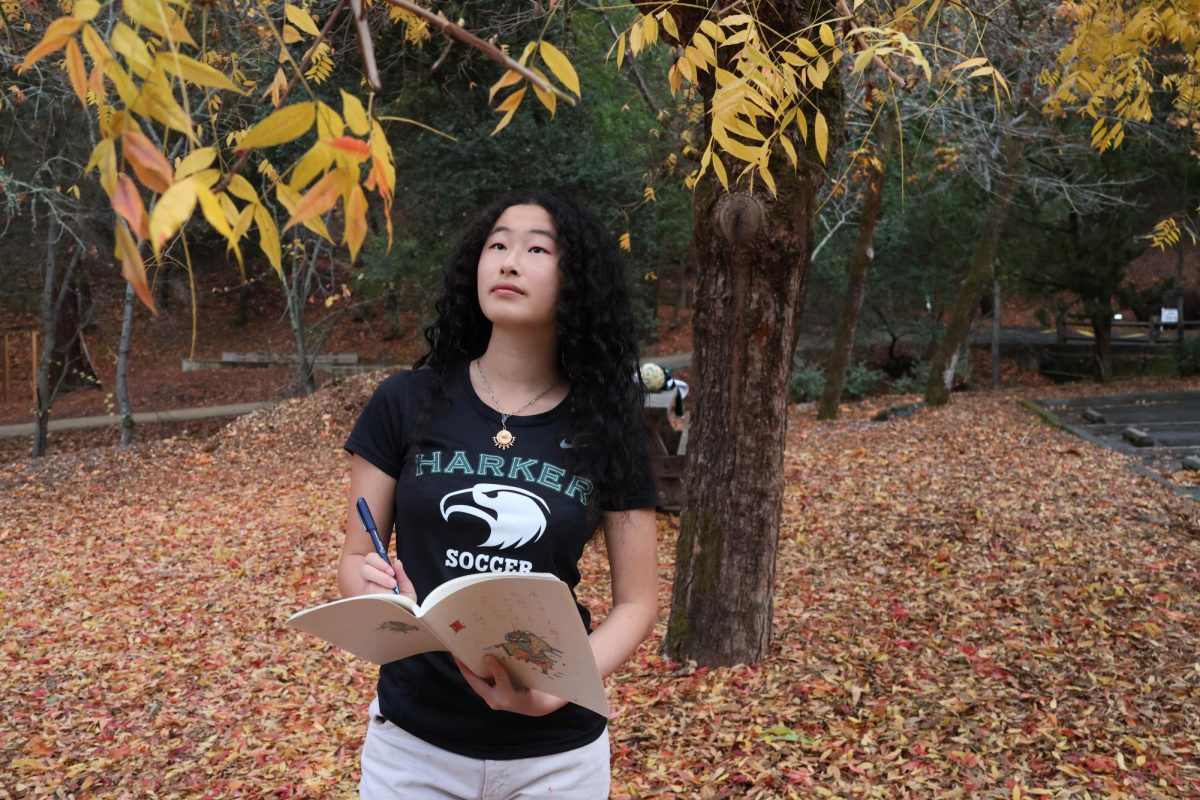
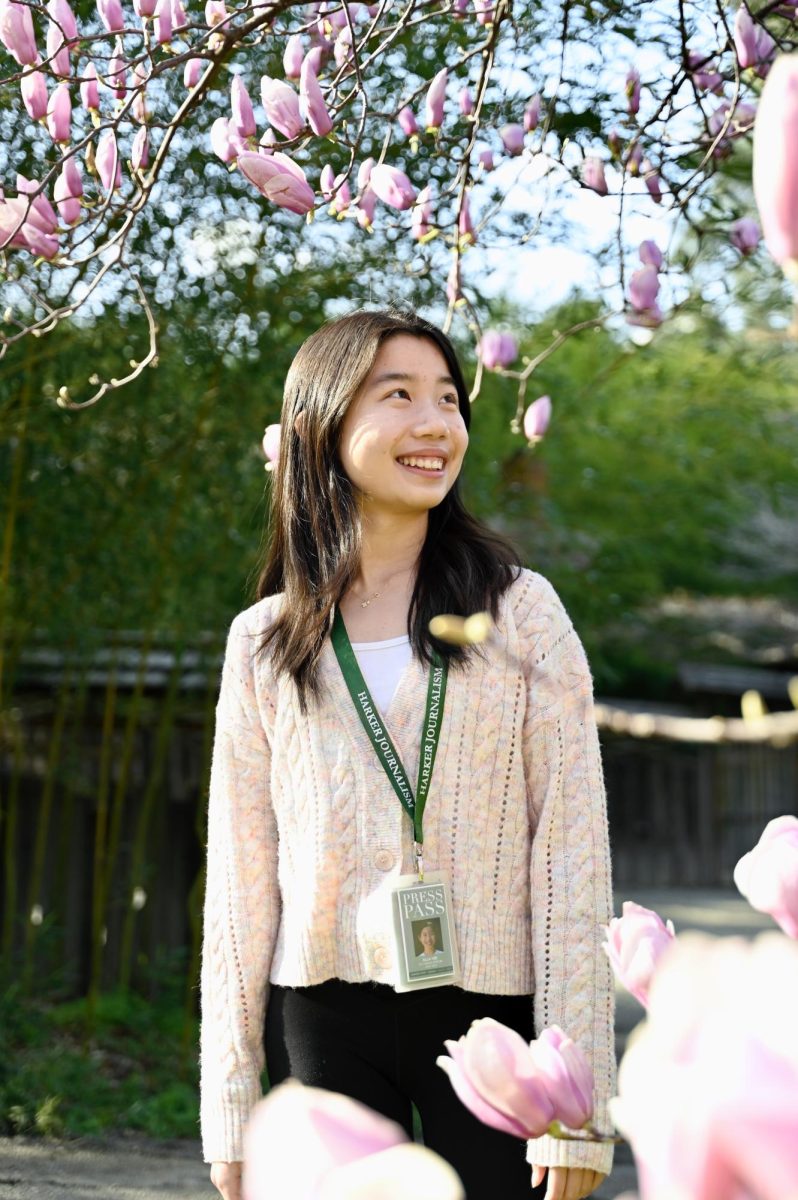
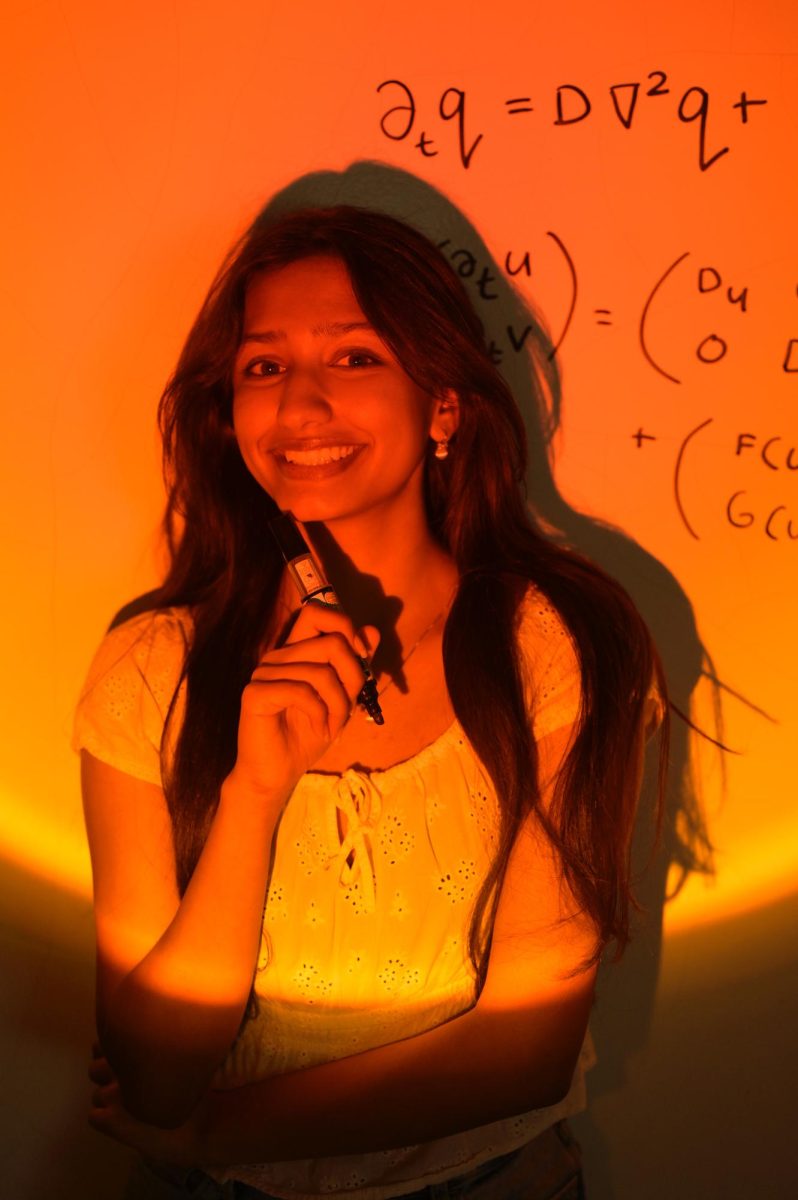
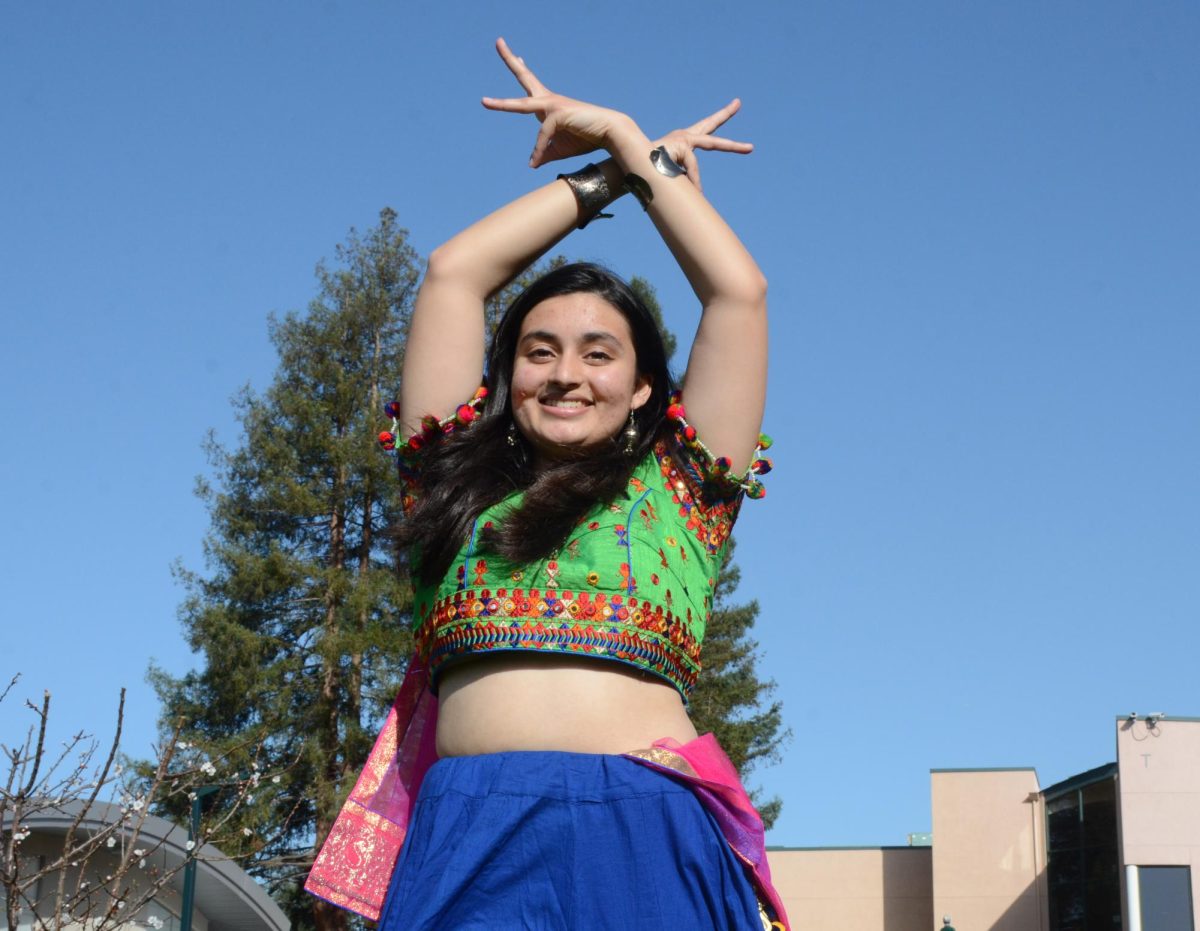
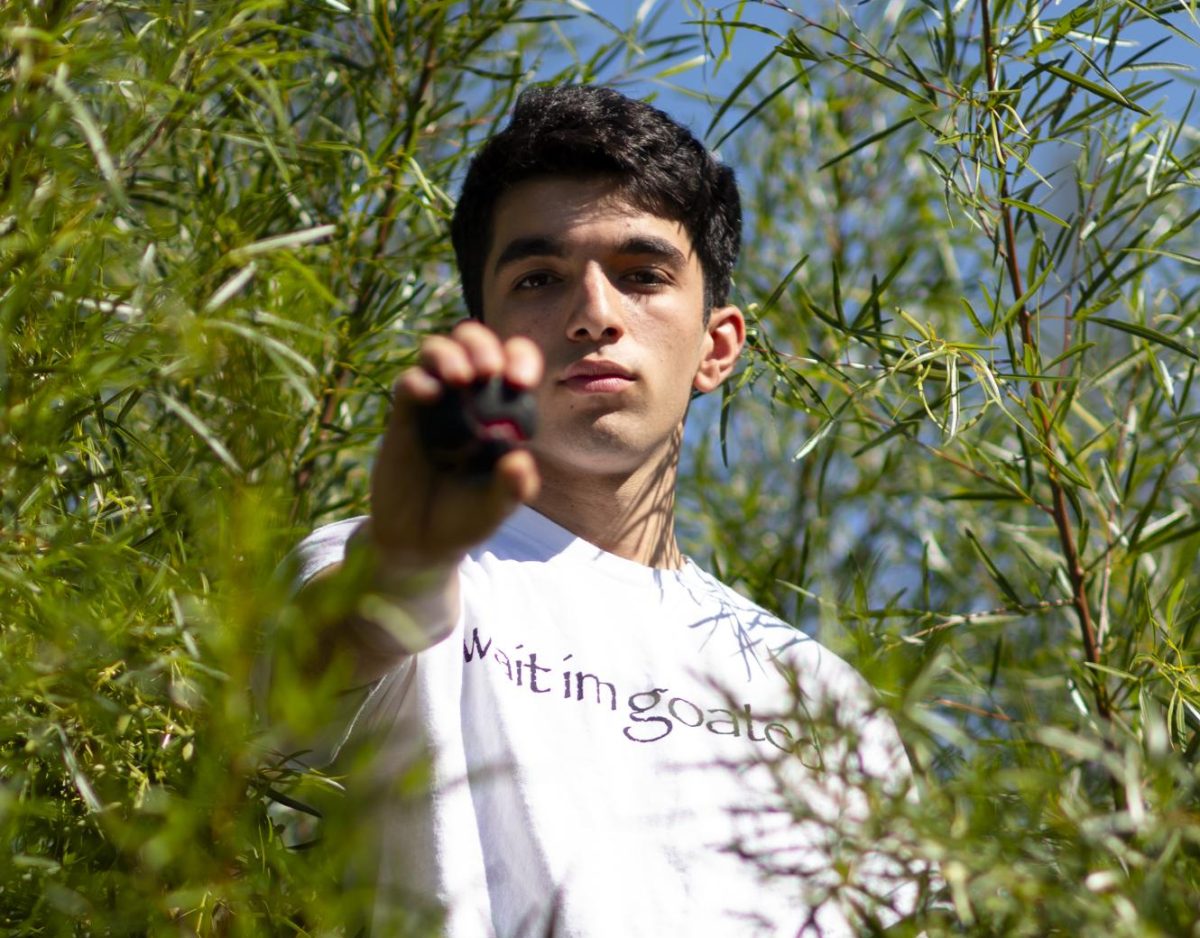








![“[Building nerf blasters] became this outlet of creativity for me that hasnt been matched by anything else. The process [of] making a build complete to your desire is such a painstakingly difficult process, but Ive had to learn from [the skills needed from] soldering to proper painting. Theres so many different options for everything, if you think about it, it exists. The best part is [that] if it doesnt exist, you can build it yourself, Ishaan Parate said.](https://harkeraquila.com/wp-content/uploads/2022/08/DSC_8149-900x604.jpg)


![“Animation just clicked in a way. I had been interested in art, but that felt different. [Animation] felt like it had something behind it, whereas previous things felt surface level. I wasnt making that crazy of things, but just the process of doing it was much more enjoyable, Carter Chadwick (22) said.](https://harkeraquila.com/wp-content/uploads/2022/08/Screen-Shot-2022-08-16-at-9.44.08-AM-900x598.png)


![“When I came into high school, I was ready to be a follower. But DECA was a game changer for me. It helped me overcome my fear of public speaking, and its played such a major role in who Ive become today. To be able to successfully lead a chapter of 150 students, an officer team and be one of the upperclassmen I once really admired is something Im [really] proud of,” Anvitha Tummala (21) said.](https://harkeraquila.com/wp-content/uploads/2021/07/Screen-Shot-2021-07-25-at-9.50.05-AM-900x594.png)



![“[Volleyball has] taught me how to fall correctly, and another thing it taught is that you don’t have to be the best at something to be good at it. If you just hit the ball in a smart way, then it still scores points and you’re good at it. You could be a background player and still make a much bigger impact on the team than you would think,” Anya Gert (’20) said.](https://harkeraquila.com/wp-content/uploads/2020/06/AnnaGert_JinTuan_HoHPhotoEdited-600x900.jpeg)

![“Im not nearly there yet, but [my confidence has] definitely been getting better since I was pretty shy and timid coming into Harker my freshman year. I know that theres a lot of people that are really confident in what they do, and I really admire them. Everyones so driven and that has really pushed me to kind of try to find my own place in high school and be more confident,” Alyssa Huang (’20) said.](https://harkeraquila.com/wp-content/uploads/2020/06/AlyssaHuang_EmilyChen_HoHPhoto-900x749.jpeg)













![“My slogan is ‘slow feet, don’t eat, and I’m hungry.’ You need to run fast to get where you are–you arent going to get those championships if you arent fast,” Angel Cervantes (12) said. “I want to do well in school on my tests and in track and win championships for my team. I live by that, [and] I can do that anywhere: in the classroom or on the field.”](https://harkeraquila.com/wp-content/uploads/2018/06/DSC5146-900x601.jpg)

![“I think getting up in the morning and having a sense of purpose [is exciting]. I think without a certain amount of drive, life is kind of obsolete and mundane, and I think having that every single day is what makes each day unique and kind of makes life exciting,” Neymika Jain (12) said.](https://harkeraquila.com/wp-content/uploads/2017/06/Screen-Shot-2017-06-03-at-4.54.16-PM.png)





